Apple’s epic Flops

Things don’t always go well for the most innovative tech company in the world. Even for a company whose net worth is over $1 Trillion, it faces significant roadblocks from design fails to unexpected glitches from time to time.
Without further ado, we present to you the epic failures of Apple.
When it came up with a wireless charger that no one asked for
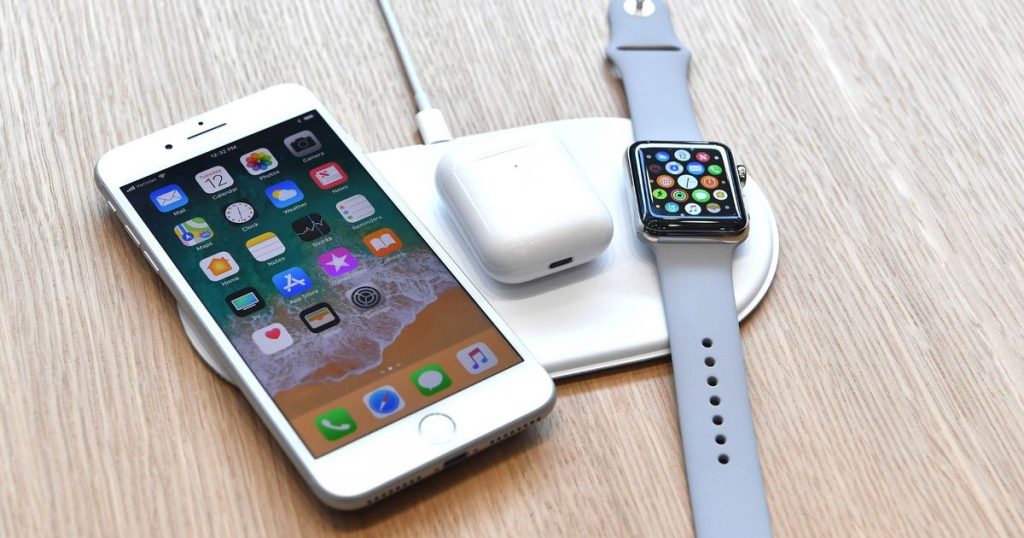
Announced in 2017, Apple’s wireless charging mat was designed to charge iPhones and was set to take wireless charging technology to the next level. Its ‘revolutionary’ tech lets users charge their Apple Watches and AirPods simultaneously. However, the ambitious charging pad missed its 2018 release date. Apple announced it was canceling the project citing concerns the product won’t live up to Apple’s “high standards.”
Get this: Apple once had a web design tool like Squarespace but only shittier
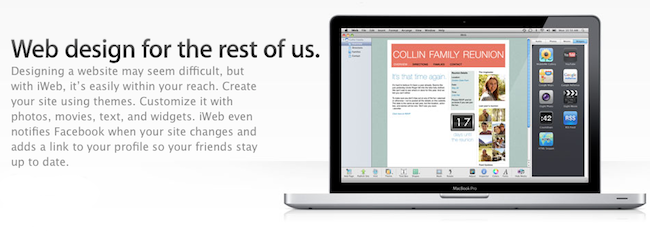
Apple’s unique selling point was also its major hurdle– They want things to be beautiful and the best. They launched iWeb in an attempt to help users create websites. However, Apple pulled the plug on this project too after it realized that iWeb would fall behind in the type and visual quality of the website someone would want to create.
Apple set down to beautify the Internet only has users reporting that they used iWeb for their “quick-and-dirty” websites.
Apple’s own Maps service, that leads you to, well– Nowhere
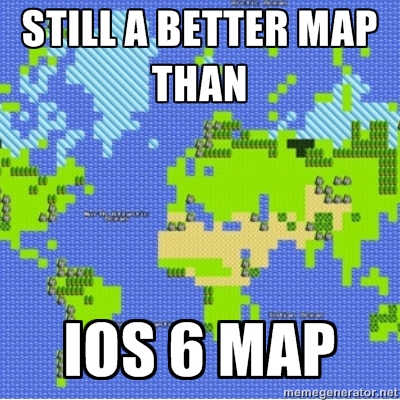
So one fine morning, Apple execs felt the need to kick Google Maps which came pre-installed on their phones and replace it with their Apple map service. For all you know, Apple cannot stand the sight of Google and it decided to tale on the fight on the ‘Maps’ frontier.
Apple made Apple Maps happen. It came as the default map app for the iPhone and iPad in 2012. Unfortunately, Apple Maps also came with a collection of serious issues, from faulty directions to oddly distorted images that made its Maps service look more like a meme. The app was so bad that even Tim Cook had to apologize for its horrible design and unsteady functionality.
Apple silently settled to replace its Apple Maps with Google Maps, gritting its teeth, even if they didn’t like it.
It’s sky-high pricing for iPod Hi-Fi
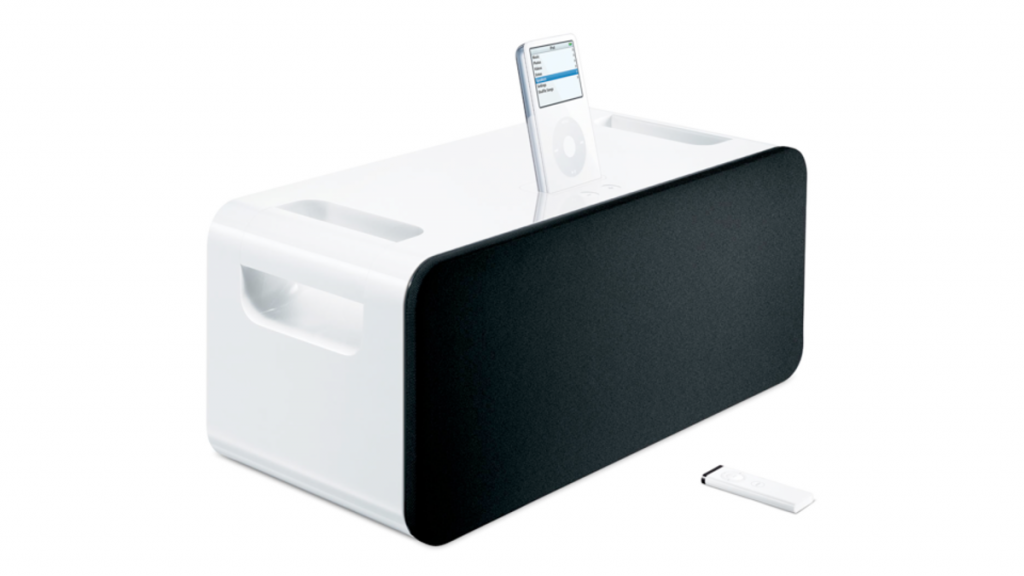
Apple decided to get into people’s homes to replace their stereo system. Enter the iPod Hi-Fi, which was a bulky, expensive speaker that lacked an AM/FM radio. It came with a limited remote and for some weird reason, hosted an iPod on the top. All good, but at $349, it cost $50 to $200 more than what its competitors were coming up with back then. There was also outrage among non-Apple audio players since it didn’t support most of the commonly played audio formats.
When iTunes spammed us constantly with U2 in 2014

Apple decided to promote U2’s new album, only ending up shoving the album’s songs to its then 500 million users on iTunes libraries for free. Many felt imposed upon at best or violated at worst. The push by Apple angered stores that were counting on album sales. Then there was a good chunk of Apple’s 500 million customers, who felt Apple spammed them with an album they didn’t want or consent to. Way to go Apple.
When Apple let iPhone users bend their phones
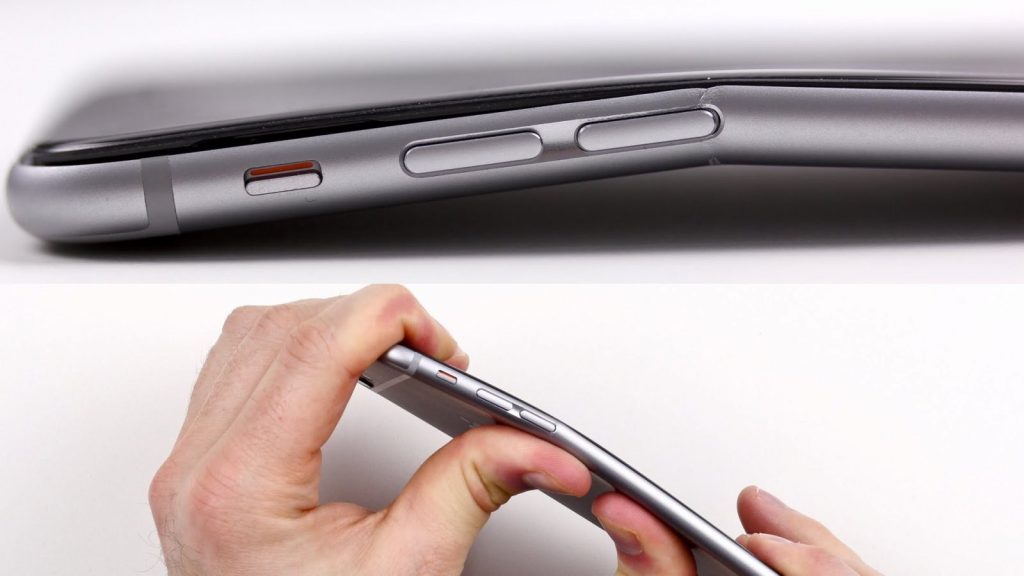
Shortly after the iPhone 6 and 6 Plus shipped in late September 2014, YouTube seemed full of iPhone owners bending their Apple devices, a shocking scene that you cannot unsee. Apple claimed only a handful of iPhone owners had flawed and bendable devices and said it would replace phones that showed manufacturing defects. However, it ended up suspending the entire line of iPhone 6S and 6S Plus.
Apple portrays itself as a forward-thinking company and places innovation at its core. However, sometimes, its innovation and all that forward-thinking jargon can backfire.
We aim to list down the most illustrious failures ever since Apple crowned itself the pioneer of computing. This is the second installment of Apple’s epic Flops.
The case of exploding batteries

Apple has had, over time, to deal with reports of exploding batteries in MacBooks and Powerbooks. Not only that, it slowed down older iPhone users in an attempt to conserve battery life, that too without the consent of the ones Apple claims to love– the users. That was a double blow for Apple when users learned that Apple was shadily slowing their phones deliberately and that too, without their permission. Apple greedily made money out of it when it agreed to swap affected batteries for new ones for a payment of $29.99. Over 11 million swapped their batteries. That’s about $330 million in revenue from defective batteries.
A social networking offshoot of iTunes that failed miserably
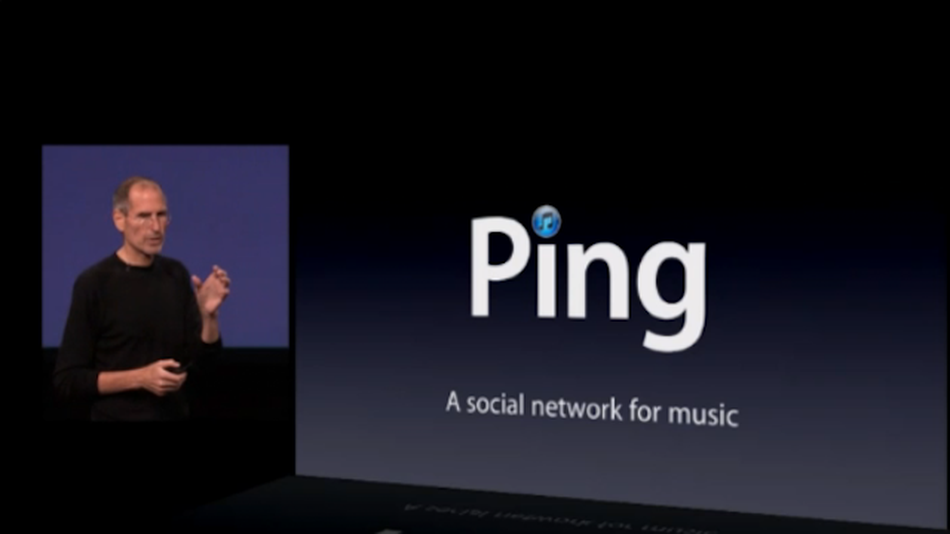
iTunes Ping was a Social networking platform to compare and find people with like-minded tastes in music. This feature was baked into iTunes as a feature update in 2010. It was clearly visible that Ping was Apple’s desperate attempt at social networking. Without Facebook, finding your friends on Ping was challenging. And once you found them, you often discovered their musical taste was as bad as you feared.
Apple’s R&D probably got drunk and decided to come up with whatever this is

Called the G4 cube, this nightmare speaker was housed in acrylic glass and its boxy nature looked like a ‘Mini-me’ of an ugly washing machine. It was expensive, in spite of it not having a monitor and external speakers. Even worse, the exterior of the boxy music player was marred with cracks. It was around for a year before Apple discarded it in 2001.
When Apple’s gaming dreams took a nosedive
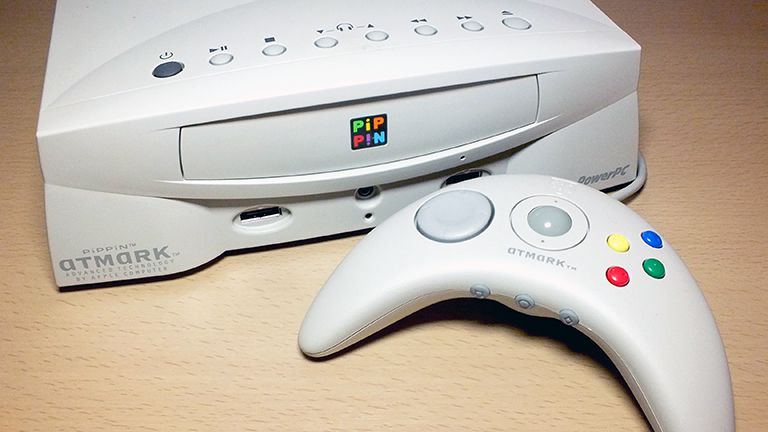
Before the iPod Hi-Fi, Apple actually made a desperate attempt to get into our living rooms on the pretext of video games. With a mish-mash of obscure ideas and very little research, Apple came up with a cross between a gaming console and a set-top box. Called The Pippin, it neither caught the attention of buyers nor the developers. After futile efforts, Apple decided to move on in 1997.
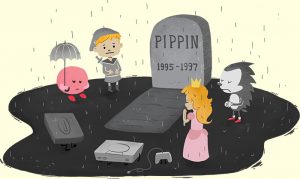
Apple’s crown prince of flops: Magic Mouse 2
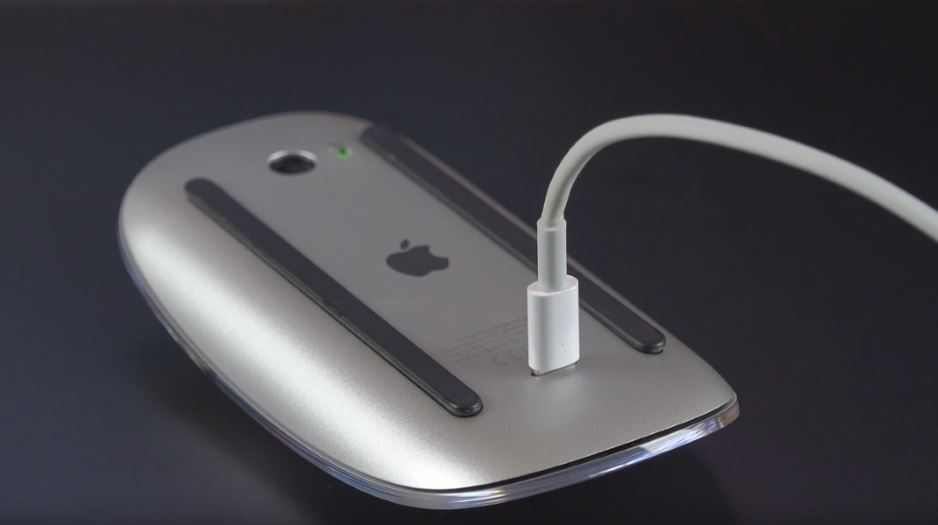
Apple was brimming with a lot of positive energy to disrupt some technology to show the world what it was capable of. Looking for something to revolutionize, it turned to the most harmless and the innocent of all things–The Mouse.
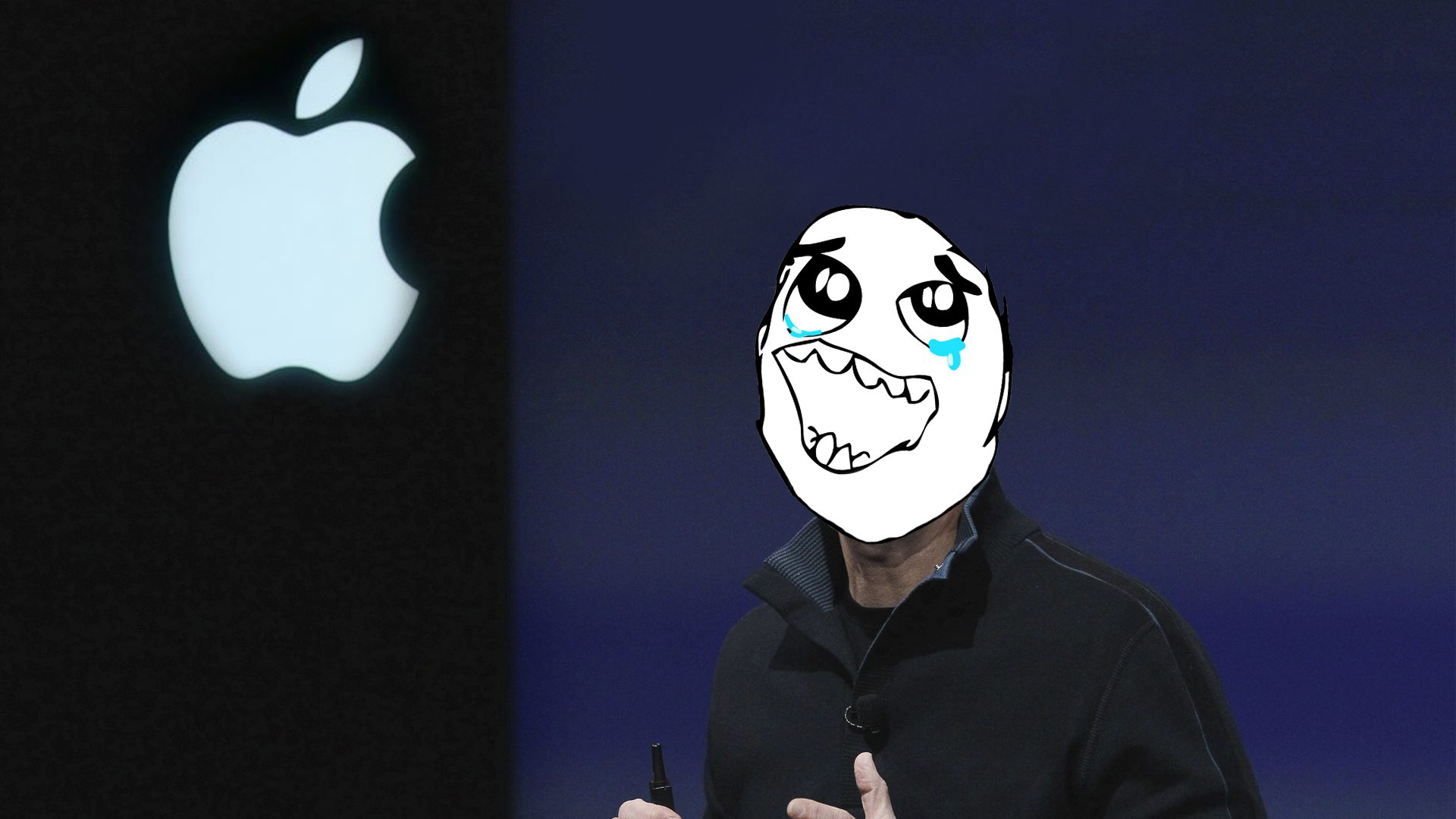
So Apple came up with plans to make a wireless mouse that wouldn’t rely on batteries and instead ship with in-built rechargeable batteries. That’s great news until you observe how the device charges. Apple asks Magic Mouse 2 users to flip the device on its back like a dung beetle with its legs in the air and plug in the charging cable. One cannot use the mouse this way, naturally, and it seems a strange choice considering ordinary mice already had cables in the front ever since the mouse was invented.















 Subscribe with Your Email for Exclusive Gosschips Updates!
Subscribe with Your Email for Exclusive Gosschips Updates!